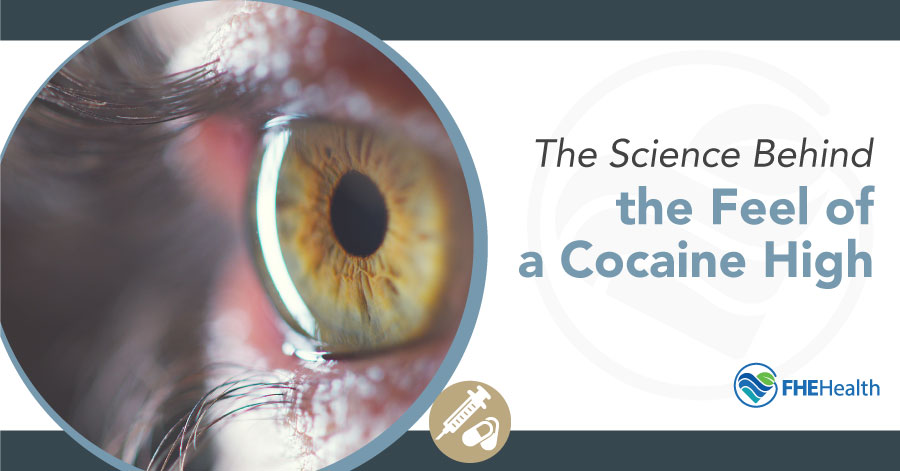
Some cocaine users describe their experiences as pleasurable, but cocaine use can lead to painful withdrawal and disappointment. Cocaine users feel a letdown when they realize they can never recreate the feeling of that first high.
Cocaine Users Typically Focus on the High, Forgetting the Low
The perceived glamour of cocaine, an illegal Schedule II stimulant, attracts many users to the drug, with the primary user group being adults between 18 and 25. Stories of feeling invincible and uninhibited while using coke often make the white powder seem less like a stealth-addictive substance and more like something to be desired.
People often ask, “What does coke feel like?,” or “What does cocaine do?” Some users describe the cocaine high as expanding the mind, giving feelings of power and confidence. One user puts it this way, “Cocaine, at least in my experience as a casual user, was amazing. It’s like being able to become intensely focused and interested in anything you’re doing at the time.”
Coke users often delude themselves, thinking they can stop using anytime. However, when they attempt to walk away from cocaine, they can spiral deeper into the grip of the relentless substance. Cocaine doesn’t allow users to break completely free because it lurks in the background like a shadow.
What Does a High Feel Like for the User?
Many want to know: how does cocaine make you feel? The cocaine high peak typically lasts from a few minutes to less than an hour, depending on how a user ingests it. Cocaine users may experience euphoria, intense pleasure, talkativeness, and invincibility. According to one cocaine user: “You feel unstoppable. Confident and ‘euphorical.’ You move fast, speak fast, your pupils get dilated, and you sweat. After some minutes, you get back to reality, and you don’t like being yourself in your normal mode, so you want to try it again.”
However, not everyone experiences what some perceive as “positive” effects. It is common for cocaine users to experience:
- Increased body temperature
- High blood pressure
- Nausea
- Rapid heartbeat
In contrast to the cocky and confident personalities that some cocaine users display, others may be paranoid and fearful after doing a line of cocaine. Additional adverse effects can include feeling angry or out of control. Cocaine users never know what they will get when they snort a line, so one might ask, “Is the ‘reward’ worth the risk?”






